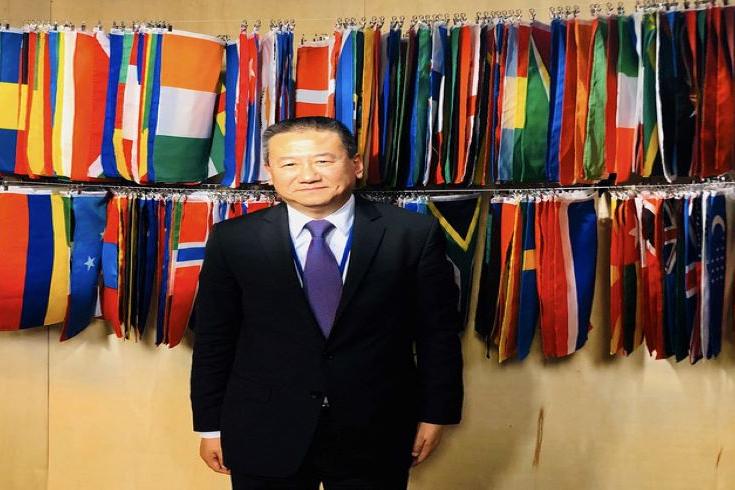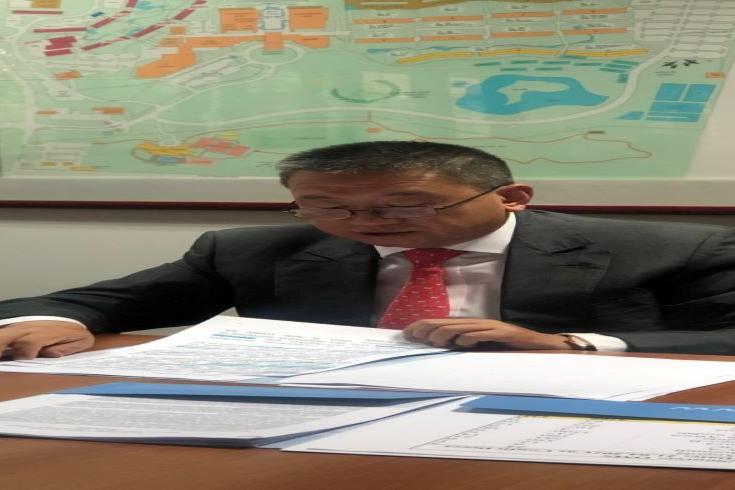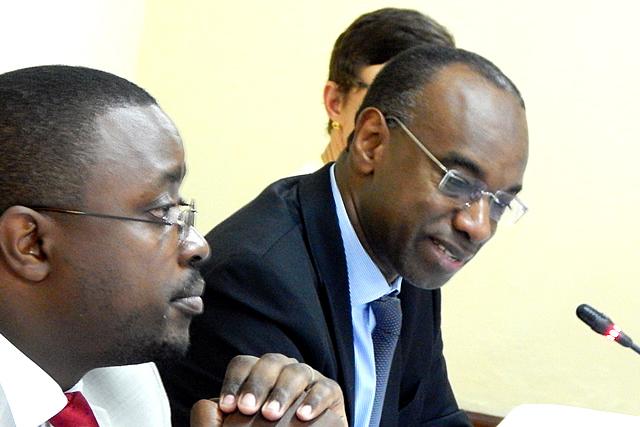Nairobi, 13 July 2017 - The Special Envoy of the Secretary-General for the Great Lakes Region, Said Djinnit, convened a coordination meeting with UN Resident Coordinators from Burundi, the Democratic Republic of the Congo (DRC), Rwanda, Tanzania and Uganda, and with regional heads of UN agencies and funds in Nairobi on 20 January 2017.
The objectives of the meeting were to jointly analyze political and security developments in the region and their effects on displacement, youth and women empowerment; and to coordinate interventions that have cross-border implications, in particular, coordinated conflict prevention initiatives. Action points were agreed upon aiming to promote coordination and cooperation, including through the UN Great Lakes Regional Strategic Framework.
During the introductory remarks, the Special Envoy noted that it was important for the UN entities to jointly analyze trends and to effectively collaborate to adjust their collective action to the evolving dynamics in the region. He also noted that the UN Great Lakes Regional Strategic Framework offers an effective platform to achieve these objectives.
The focus of the update on political and security developments was on the presence of non-state armed groups and their impact on relations between countries, and on the dynamics of electoral and dialogue processes in the region.
Of particular interest in the discussions were the tensions caused in the region by the Democratic Forces for the Liberation of Rwanda (FLDR); the threats of the Allied Democratic Forces (ADF); the unresolved question of the ex-M23 in Uganda; the presence of elements from the Sudan People’s Liberation Movement/Army-in opposition (SPLM/A-IO) in the DRC; and the dialogue processes and elections in the DRC.
Special Envoy Said Djinnit meets with Resident Coordinators for greater coordination of UN efforts around peace and security in the Great Lakes region.
- 14 July 2017

Participants at the coordination meeting with Special Envoy Said Djinnit. Participants included Resident Coordinators from Burundi, the Democratic Republic of the Congo, Rwanda, Tanzania and Uganda, as well as heads of UN agencies and funds from Nairobi. Nairobi, 13 July 2017 (OSESG-GL Photo/Anthony Munene)





